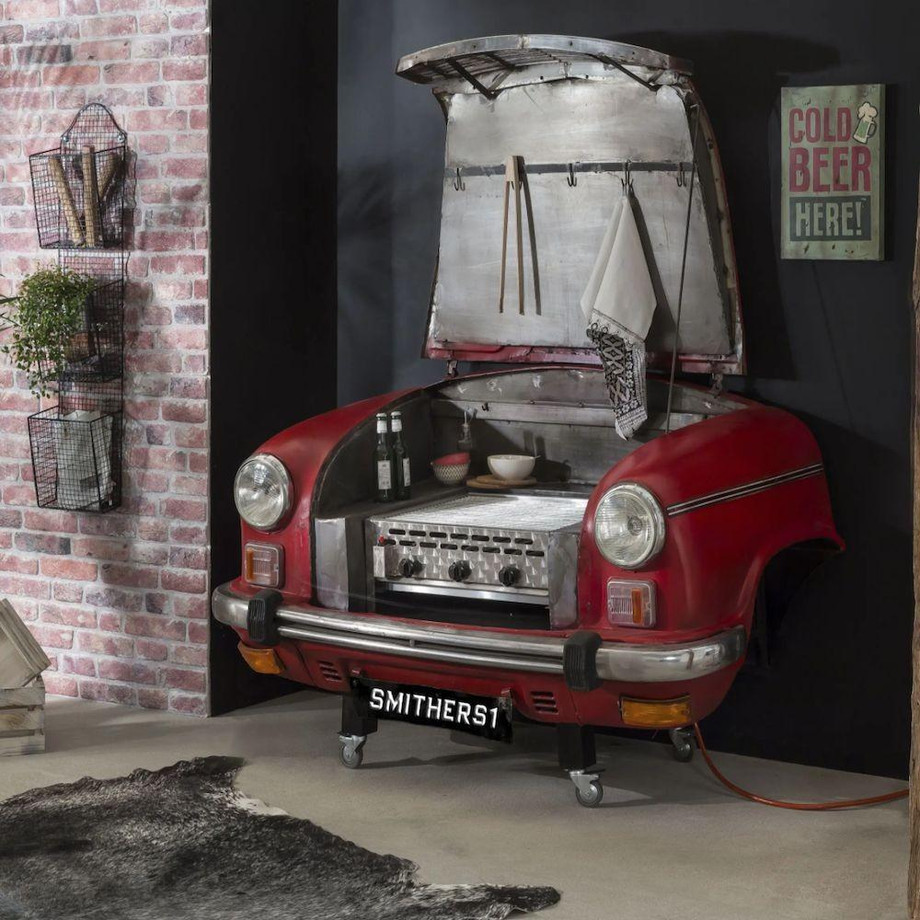The Art of Bespoke Furniture: A Study of Craftsmanship, Individuality,…
페이지 정보
작성자 Sandra 작성일25-10-18 12:01 조회6회 댓글0건관련링크
본문
Introduction
Bespoke furniture, a term synonymous with customization and individuality, represents a unique segment within the broader furniture industry. This observational research article delves into the world of bespoke furniture, exploring its characteristics, the craftsmanship involved, and its growing appeal in a market often dominated by mass-produced items. Through a qualitative analysis of workshops, designers, and consumer preferences, this study aims to shed light on why bespoke luxurybespoke furniture London continues to thrive and what it signifies in contemporary society.

The Essence of Bespoke Furniture
Bespoke furniture is defined by its tailor-made nature, crafted to meet the specific requirements and preferences of the client. Unlike off-the-shelf furniture, bespoke pieces are one-of-a-kind, reflecting the personality and lifestyle of the owner. This section examines the core elements that distinguish bespoke furniture, including the use of high-quality materials, meticulous attention to detail, and the integration of traditional craftsmanship with modern design principles.
Craftsmanship and Skill
At the heart of bespoke furniture lies the skill and expertise of the craftsmen. This part of the article focuses on the artisans who bring bespoke designs to life, highlighting their training, techniques, and the passion that drives them. Interviews with master craftsmen reveal the challenges and rewards of their work, offering insights into the time-consuming process of creating bespoke pieces and the satisfaction derived from delivering a product that exceeds client expectations.
The Design Process
The journey from concept to creation is a critical aspect of bespoke furniture. This section outlines the collaborative process between designers and clients, emphasizing the importance of communication and understanding. It explores how designers translate client visions into tangible designs, considering factors such as space, functionality, and aesthetic appeal. The role of technology in facilitating this process, from 3D modeling to virtual reality, is also discussed.
Materials and Sustainability
Sustainability is a growing concern in the furniture industry, and bespoke furniture is no exception. This segment investigates the materials used in bespoke furniture, with a focus on sustainability and environmental impact. It examines the trend towards using locally sourced, reclaimed, and eco-friendly materials, and how this aligns with the values of both craftsmen and consumers. The challenges of balancing sustainability with the demand for high-quality, durable furniture are also addressed.
The Consumer Perspective
Understanding the motivations of consumers who choose bespoke furniture is key to appreciating its value. This section presents findings from surveys and interviews with clients, exploring why they opt for bespoke furniture London shop bespoke pieces over mass-produced alternatives. Factors such as uniqueness, quality, and the emotional connection to a piece that is truly their own are highlighted. The article also considers the demographic profile of bespoke furniture buyers and how this is evolving.
Challenges and Opportunities
Despite its many advantages, the bespoke furniture industry faces challenges, including higher costs, longer production times, and competition from mass-market brands. This part of the article discusses these obstacles and how craftsmen and designers are adapting to overcome them. It also looks at emerging opportunities, such as the increasing demand for personalized products and the potential for digital platforms to expand market reach.
The Future of Bespoke Furniture
As we look to the future, the bespoke furniture industry appears poised for continued growth, driven by changing consumer preferences and advancements in technology. This concluding section speculates on the trends that will shape the industry, including the rise of smart furniture, the impact of artificial intelligence on design, and the growing importance of sustainability. It reflects on how bespoke furniture, with its emphasis on craftsmanship and individuality, offers a compelling alternative to the homogenization of mass production.
Conclusion
Bespoke furniture represents more than just a product; it is a testament to the enduring value of craftsmanship, individuality, and sustainability. Through this observational study, we have gained a deeper understanding of the processes, people, and passions that define the bespoke furniture industry. As consumers increasingly seek out products that reflect their unique identities and values, bespoke furniture is likely to remain a cherished and vibrant sector within the broader landscape of design and manufacturing.
댓글목록
등록된 댓글이 없습니다.